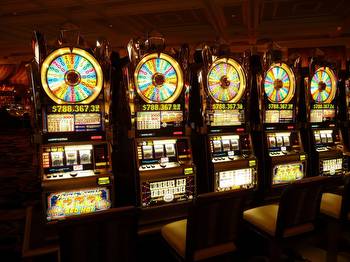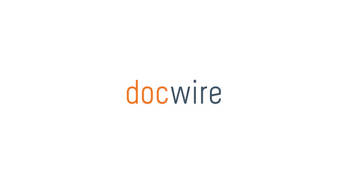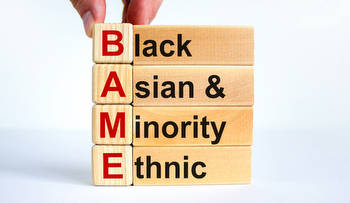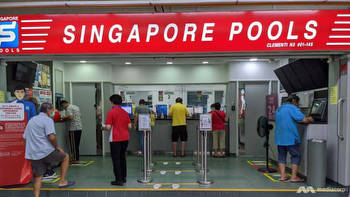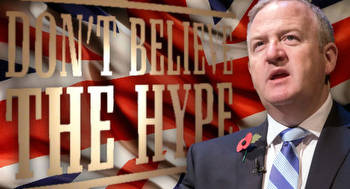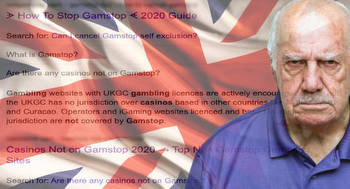UK online gambling ops say they’re losing war with int’l rogues

UK gamblers doubled their use of internationally licensed online operators over the past year or so, according to a new survey by their UK-licensed rivals.
On Thursday, the Betting & Gaming Council (BGC) issued a 66-page report that attempts to quantify the state of ‘unlicensed online gambling in the UK.’ The report (viewable here) was prepared by PricewaterhouseCoopers and builds on the findings of a similar report issued one year ago.
The report involved an online survey filled out by 2,363 active UK online gamblers in late-2020. These punters were queried on their awareness, usage of and spending with ‘unlicensed operators,’ as well as their motivations for seeking out these ‘unlicensed’ ruffians.
Before we go further, we must point out that the report notes that it wasn’t interested in “UK licensed operators serving gamblers in foreign jurisdictions without a license.” Apparently, even acknowledging that the UK Gambling Commission-licensed online white knights behave abroad much like the UK-facing international rogues they so despise would tarnish their otherwise gleaming armor. But we digress…
The report’s headline figures are that 4.5% of UK online gamblers copped to patronizing an international site, double the 2.2% in PwC’s 2018/19 report. That 4.5% equates to around 460k Britons who either don’t know or don’t care if a site bears the UKGC stamp of approval. The volume of stakes placed with unauthorized sites also nearly doubled from 1.2% to 2.3% of respondents’ total spending.
Interestingly, while total web visits to unauthorized sites remained effectively unchanged from the 2018/19 report, the 11 sites included in both reports saw their traffic soar by 85% during that span. So, this appears to be a case of familiarity breeding respect, not contempt.
International sites saw their percentage of Google search results (for 47 frequently used keywords) tumble from 12% of the first 10 pages in 2018/19 to just 5% last year. The biggest decline was felt in the first two pages of results, although changes to Google’s algorithm were fingered as the primary cause of this decline.
The motivations behind UK gamblers seeking out unauthorized options reflect many of the restrictions imposed on UK-licensed sites in recent years, including the April 2020 credit card ban, restrictions on VIP programs and the six-point hike in the Remote Gaming Duty, the costs of which were inevitably passed on to consumers.
Sure enough, reduced odds/payout rates were cited by 53% of gamblers as most likely to lead them to seek out international sites. Affordability checks such as those being proposed in the UK were cited by 30% of respondents, while monthly staking limits were of far lesser concern, notching only an 18% score.
The BGC previewed the contents of the PwC report last month, resulting in pushback from UKGC CEO Neil McArthur, who claimed the findings were “not consistent with the intelligence picture.” McArthur added that the BGC was overegging the threat posed by unauthorized sites in order to temper the UK government’s enthusiasm for imposing even harsher restrictions after it concludes its review of the Gambling Act 2005.
In an apparent response to McArthur’s finger wagging, BGC CEO Michael Dugher said Thursday that the PwC report’s findings were “inconvenient to those who seek to dismiss and play down the black market, but there is a real danger of complacency.” Dugher aimed other warnings at the government, saying the UK “risks sleep walking into changes where the main beneficiary is the unlicensed black market.”











